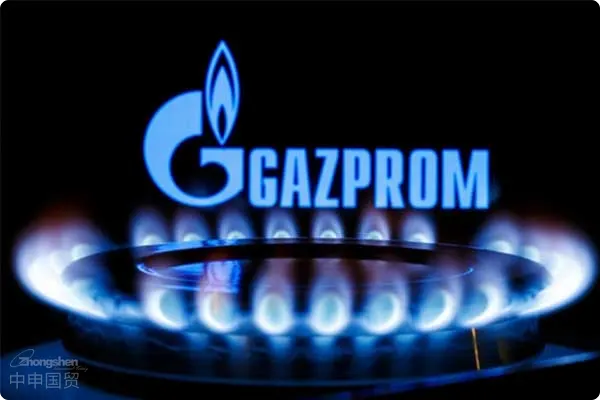Russian Gas Exports Surge Under Sanctions!
Category: Industry Trends
Date: Despite multiple rounds of sanctions from Western countries, Russias natural gas production and exports remained robust in the first half of 2024. Data shows that in the first half of 2024, Russias natural gas production reached 357.3 billion cubic meters, an increase of 8.3% year-on-year. In June alone, natural gas production grew by 9.5%, reaching 49 billion cubic meters. This growth was primarily driven by increased exports from Gazprom.






 PSB Record: Shanghai No.31011502009912
PSB Record: Shanghai No.31011502009912



